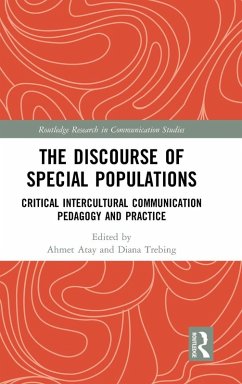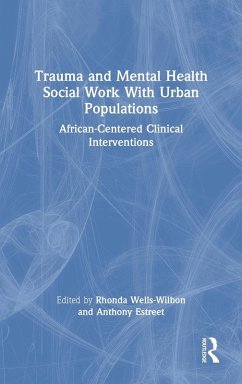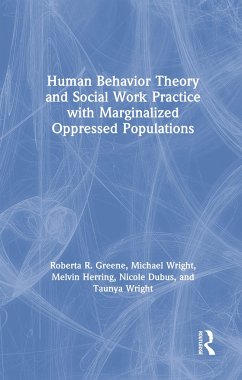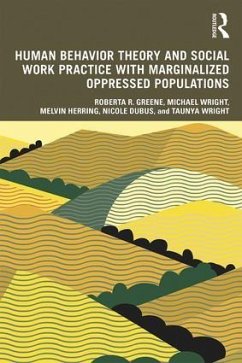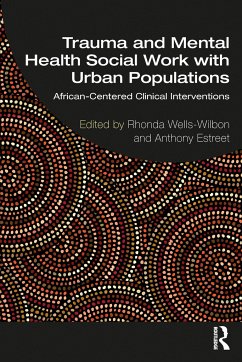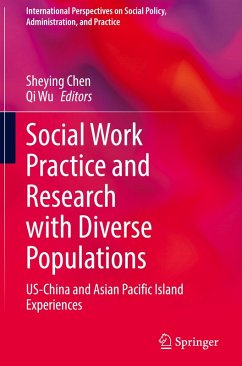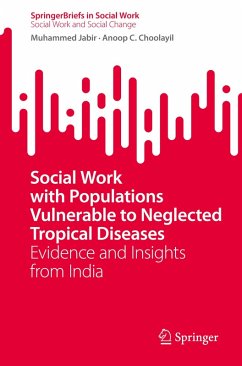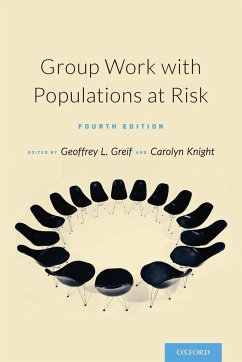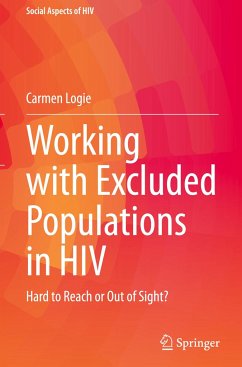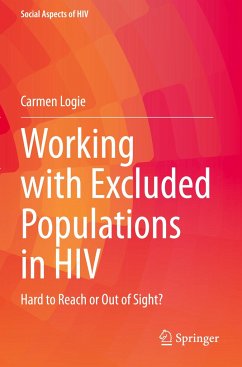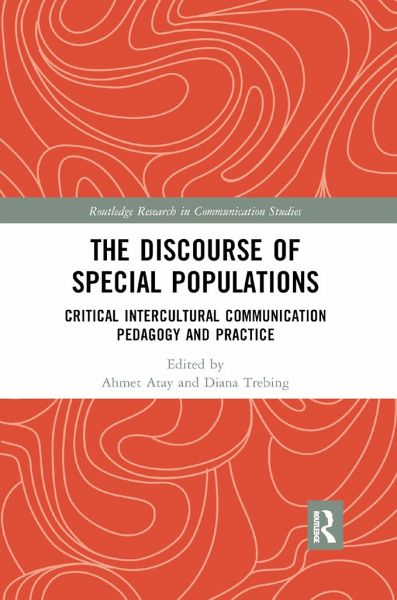
The Discourse of Special Populations
Critical Intercultural Communication Pedagogy and Practice
Herausgeber: Atay, Ahmet; Trebing, Diana
Versandkostenfrei!
Versandfertig in 1-2 Wochen
55,99 €
inkl. MwSt.

PAYBACK Punkte
28 °P sammeln!
The term "special population" occupies a particular purpose and has a particular role in the discourse of higher education. This book uses the term as an umbrella term for any student who tends to be underrepresented on college campuses and has a very specific set of unique needs: among others, individuals with physical and learning disabilities, international students, ethnic minorities, LGBTQ students, single parents, and first generation and other non-traditional student groups. Sometimes these "special" student groups are visible to educators; however, quite often they are hidden in plain ...
The term "special population" occupies a particular purpose and has a particular role in the discourse of higher education. This book uses the term as an umbrella term for any student who tends to be underrepresented on college campuses and has a very specific set of unique needs: among others, individuals with physical and learning disabilities, international students, ethnic minorities, LGBTQ students, single parents, and first generation and other non-traditional student groups. Sometimes these "special" student groups are visible to educators; however, quite often they are hidden in plain sight, which makes it difficult for educators to work effectively and meaningfully with these student groups. This book uses the framework of critical intercultural communication pedagogy to generate a discussion about pedagogical issues surrounding students who are categorized as "special populations", focusing on culturally sensitive pedagogical methods to educate all students.





